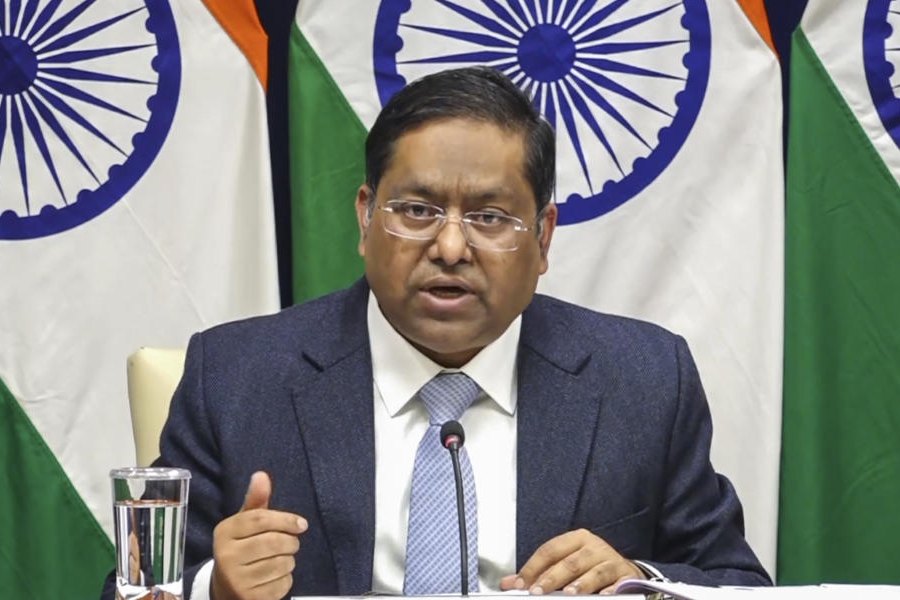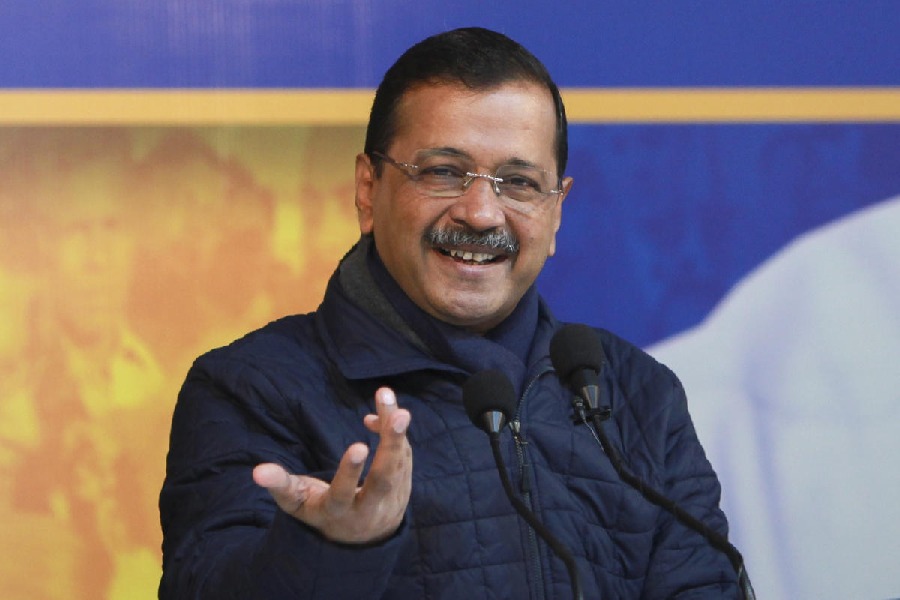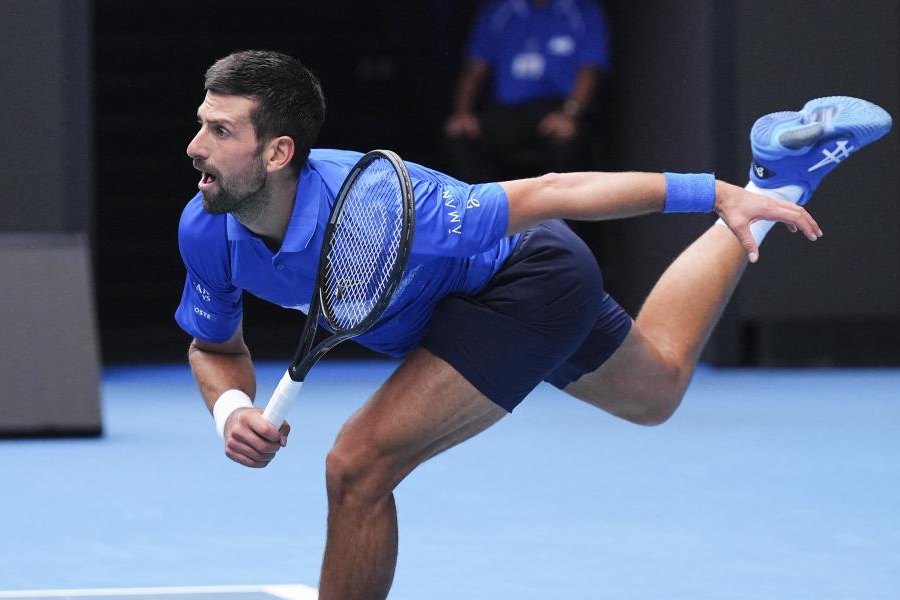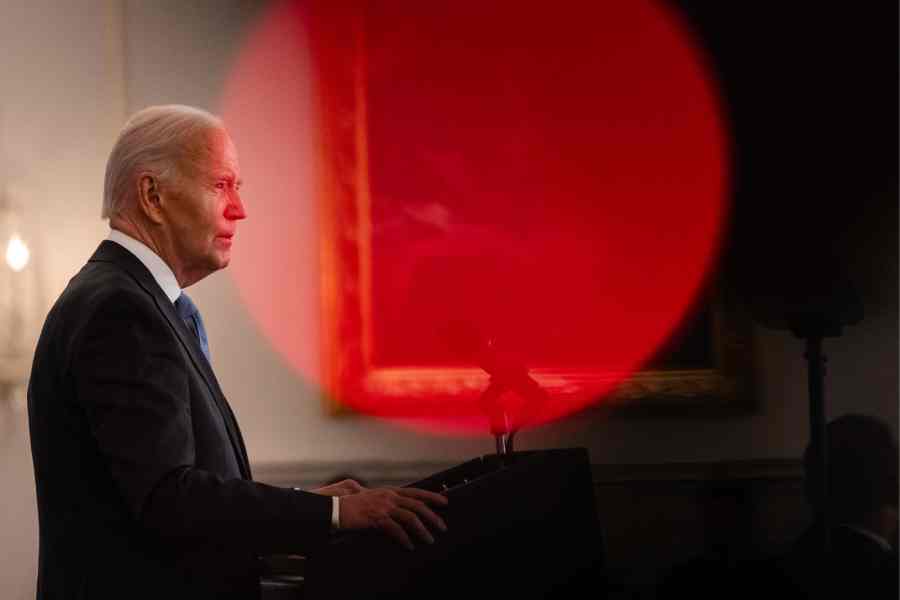Book: SHATTERED
Author: Hanif Kureishi
Published by: Hamish Hamilton
Price: Rs 799
Hanif Kureishi’s latest work is a book that was born out of the life-altering accident that Kureishi suffered on Boxing Day, 2022, in Rome. He had a fall which resulted in him losing the use of his limbs and a prolonged stay in various hospitals, first in Italy and then in London. Shattered took shape through his dispatches from the various hospital beds as he dictated them to his partner, Isabella, and to his sons who wrote the passages down for him.
Kureishi begins the book with a brief description of his fall and his horror at realising what had happened when he regained consciousness. Then he takes us on his journey through five hospitals and months of struggle till he finally manages to reach home. Throughout the book, Kureishi covers many topics which results in the book becoming much more than a memoir of his days at the hospital. In his characteristic style, Kureishi brings together the profound and the ordinary, wherein the grim reality of his frustrations and hopelessness is contrasted with humorous anecdotes and bouts of hope and positivity. A chapter can, for instance, begin with him talking about his writing process, then turn to his health, his moods, his family and his altered relationship with them in smooth, assured strokes. He can talk in the same vein about his childhood, his love for books and for writing alongside anecdotes of the nurse who, while giving him enema, asked Kureishi how long it took him to write one of his famous books.
It is for this reason Shattered does not get bogged down by the grimness of its subject; instead, it emerges as a piece of non-fiction that has something for everyone. A large chunk of the book is concerned with Kureishi’s stay in hospitals and is an honest description of his trials, tribulations and mood swings alongside his tenacity and doggedness. We cheer for Kureishi as he makes progress, feel his frustration and anger as he lies on the hospital bed completely dependent on others, root for him when he makes new friends and celebrate with him his small wins — like getting a new mattress. The book is an ode to the human spirit that can forge friendships in hospitals as well as a comparison between the healthcare systems of Rome and London. Wrapped within the minutiae of his hospital stays are the reminiscences of his fascinating youth where he met (and in some cases became friends with) writers like Salman Rushdie, Samuel Beckett, Italo Calvino and Angela Carter. He talks about his parents, his partners, his children, and the impact they all had on him and on his writing. Shattered also includes Kureishi’s reflections on such diverse subjects as existential musings and his irritation with the addition of the word, ‘creative’, before writing.
Shattered also serves as a goldmine of advice on writing. Kureishi has long been a teacher of creative writing and this persona of his comes to the forefront from time to time. As a result, the readers get insightful musings on the nature of books and writing on these pages. The question of identity has been central to Kureishi’s writing; this stays true for this book as well. “Paki, writer, cripple: who am I now?” he asks his readers, talking about the racial abuse he faced as a child and a young man that led him to call himself a writer long before he published anything as a way of embracing a new identity, of protecting himself.
Funny, poignant, furious, honest and moving, Shattered is a memoir of its own kind. It documents Kureishi at his most vulnerable, when he is unable to use his hands to do even simple things like scratch his nose or eat his food; when moving a few steps feels like a major achievement. Shattered can feel repetitive at times, but it is searingly honest in its descriptions of Kureishi’s bleak moods when he feels anxious, afraid, jealous and ashamed or when he feels his gratitude towards his caretakers and the hospital staff. But there are also moments of brightness, acceptance and hope that elevate Shattered to a book that can be turned and returned to time and again.










